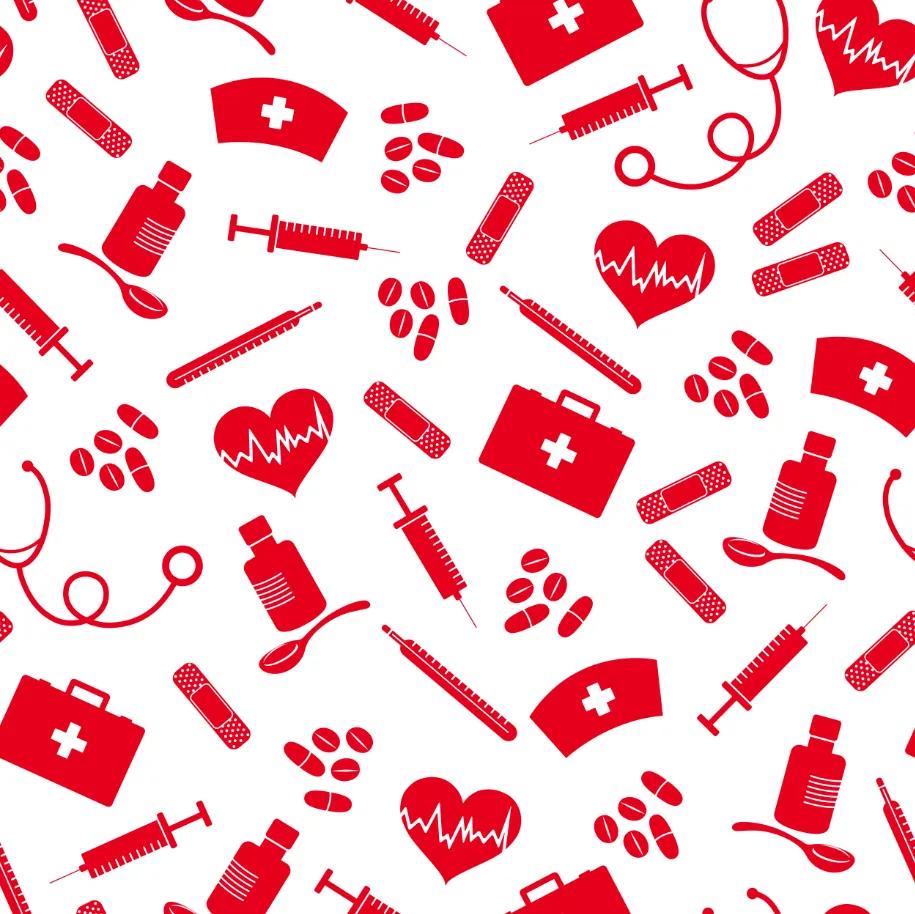7 Vital Skills You Need to Become a Medical Coder

Skills Needed to Succeed in Medical Coding
Pairing your career with your strengths and skills can help you excel and thrive in your professional life. How? Playing to your strengths can help improve performance. It can also bring about more praise for your work, which boosts your confidence and makes you want to perform at a higher level.1 If you want to become a medical coder, there are seven skills that can help provide these benefits when working in this healthcare role.
What Does a Medical Coder Do?
Medical coding professionals take a patient’s medical records and turn their diagnoses, testing procedures, and treatments into pre-designated codes using standard coding systems. These codes help insurance companies know how much they need to pay based on the patient’s healthcare plan. These codes can also be shared with other providers on the patient’s healthcare team to help them learn more about the patient and their medical history.
Medical coders can be found in a variety of healthcare facilities, from a general practitioner’s medical office to a hospital to a healthcare system. Working as a coding specialist in these settings requires knowledge of the standard medical coding systems, which include ICD-10, HCPCS, and CPT. But it’s also helpful to develop certain skills.
Top 7 Skills for Medical Coders
If you’d like to pursue a position as a medical coder, there are seven skills that can help you thrive in this role.
Attention to Detail
One reason attention to detail is critical as a medical coder is that you must be precise when verifying that patient records are correct, but also when transforming those records into the proper codes. If this data is not recorded or transmitted accurately, it can be a safety issue for patients.2 Incorrect patient codes can also delay reimbursement to the healthcare provider or medical facility.
Written and Oral Communication Skills
As a medical coder, you will be communicating with members of the patient’s healthcare team. Being able to communicate effectively helps to ensure that you understand the information that you are transferring into medical codes. Strong communication skills are also helpful if you have any questions as you’re able to present those questions in a way that makes it possible to get the answers you need.
Medical Terminology
While knowledge of medical terminology isn’t a natural-born strength, it is a true necessity in a medical coding role. If you’re not currently familiar with terms used in this field, Ultimate Medical Academy (UMA) offers a brief overview of some of the most common healthcare terminology. Medical coding education and career training programs also teach the terms you must know when working in this role.
Computer / IT Skills
Many medical coding job functions are handled via computer or other office technology. A coding program can make it easier to find the proper code for a patient’s medical tests or treatment procedures, for instance. The ability to learn and use these devices and programs helps you perform the duties required by your specific employer.
Punctuality
When a patient is ill, getting speedy treatment is often critical for improving their prognosis. A lapse in efficiency in this role could have fatal consequences for the patient. Medical coders are part of this diagnosis-treatment cycle. Being timely and punctual with your medical coding responsibilities aids in the smooth and quick transmission of the patient’s records to other medical providers. If pre-authorization is required from the patient’s health insurance company, being punctual can assist with this as well.
Problem Solving
If a discrepancy is noticed in the patient’s records, medical coders need to be able to solve the problem or reach out to the person who can. This helps reduce any time-related delays in regard to patient treatment or healthcare provider reimbursement. It also serves to resolve any inconsistencies that might exist within a patient’s medical records.
Self-Management
Although medical coders often collaborate with others in the healthcare field, this role can also be independent and require some level of self-management. The ability to take responsibility for completing your medical coding duties on time keeps you on task while staying within the deadlines set. This is especially important for remote healthcare workers who must find a way to stay productive when in an at-home work environment.
Training for Medical Coders
Having these seven skills can set the stage for a strong career in medical coding. While some of these may come naturally to you, completing an educational program helps build upon and strengthen the skill sets needed to fulfill a medical coding role.
UMA offers both an online Medical Billing and Coding diploma and an associate degree program. The diploma program is 39 credit hours and can be completed in 11 months and the associate degree program is 63 credit hours and can be completed in 18 months.3
Both programs include core courses that teach you more about diagnostic coding, procedural coding, medical terminology, and healthcare communication. The associate degree program includes additional degree requirements – such as learning more about computer fundamentals, professional communication skills, and how to work with people – along with a few general education courses.
Completion of an education or career training program can help prepare you to sit for the certification exam offered by the American Academy of Professional Coders (AAPC). The certification provided by this organization tell potential employers that you have the education and skills needed to work in a medical coding role.
If you’re interested in learning more about what a career in this position would look like, UMA offers a comprehensive Medical Coding Career Guide. This guide explains medical coding in greater detail, including job duties, salary potential, job outlook, training requirements, and more.
1 Harvard Business Review. How to Play to Your Strengths. https://hbr.org/2005/01/how-to-play-to-your-strengths
2 Ramanathan R, Leavell P, Stockslager G, et al. Validity of Agency for Healthcare Research and Quality Patient Safety Indicators at an Academic Medical Center. The American Surgeon. https://doi.org/10.1177/000313481307900617
3 Completion time varies depending on individual student.
Request Information
Talk with us. Start your journey.
Complete this form and we'll call you to explore options at UMA and answer your questions. We'll also email you info on how to get started. We're with you at every step!
Request Information
Talk with us. Start your journey.
Complete this form and we'll call you to explore options at UMA and answer your questions. We'll also email you info on how to get started. We're with you at every step!
About the Author
 Adam Fenster
Adam FensterAdam Fenster is a senior copywriter at Ultimate Medical Academy, with journalism experience from his time as a reporter and editor for multiple online and print publications. Adam has been covering healthcare education since 2019, with an emphasis on topics such as wellness, healthcare employment, and job preparedness. He received his BA in journalism from the University of South Florida.
Related Content


